
The Cost of a Broken Model: Lease-Based Supported Housing
In recent years, lease-based Specialised Supported Housing (SSH) has quietly emerged as a fast-growing model in social housing — one that’s often framed as innovative, flexible, and responsive to the needs of vulnerable tenants. On paper, it offers a way to deliver housing for people with high care needs without the need for public sector capital outlay. Instead, private investors fund the homes, lease them to registered providers, and those providers, in turn, let them to tenants referred by local authorities.
But behind the scenes, this “asset-light” model comes with serious questions. Who’s really in control? What happens when the rent doesn’t cover the costs? And how much risk is being offloaded onto housing providers — and ultimately, the tenants themselves?
This isn’t just about spreadsheets or regulatory checklists. This is about homes — homes for people with complex needs, often vulnerable, sometimes voiceless. If the system propping up those homes is shaky, so too is the stability of the lives within them.
And that’s why this matters.
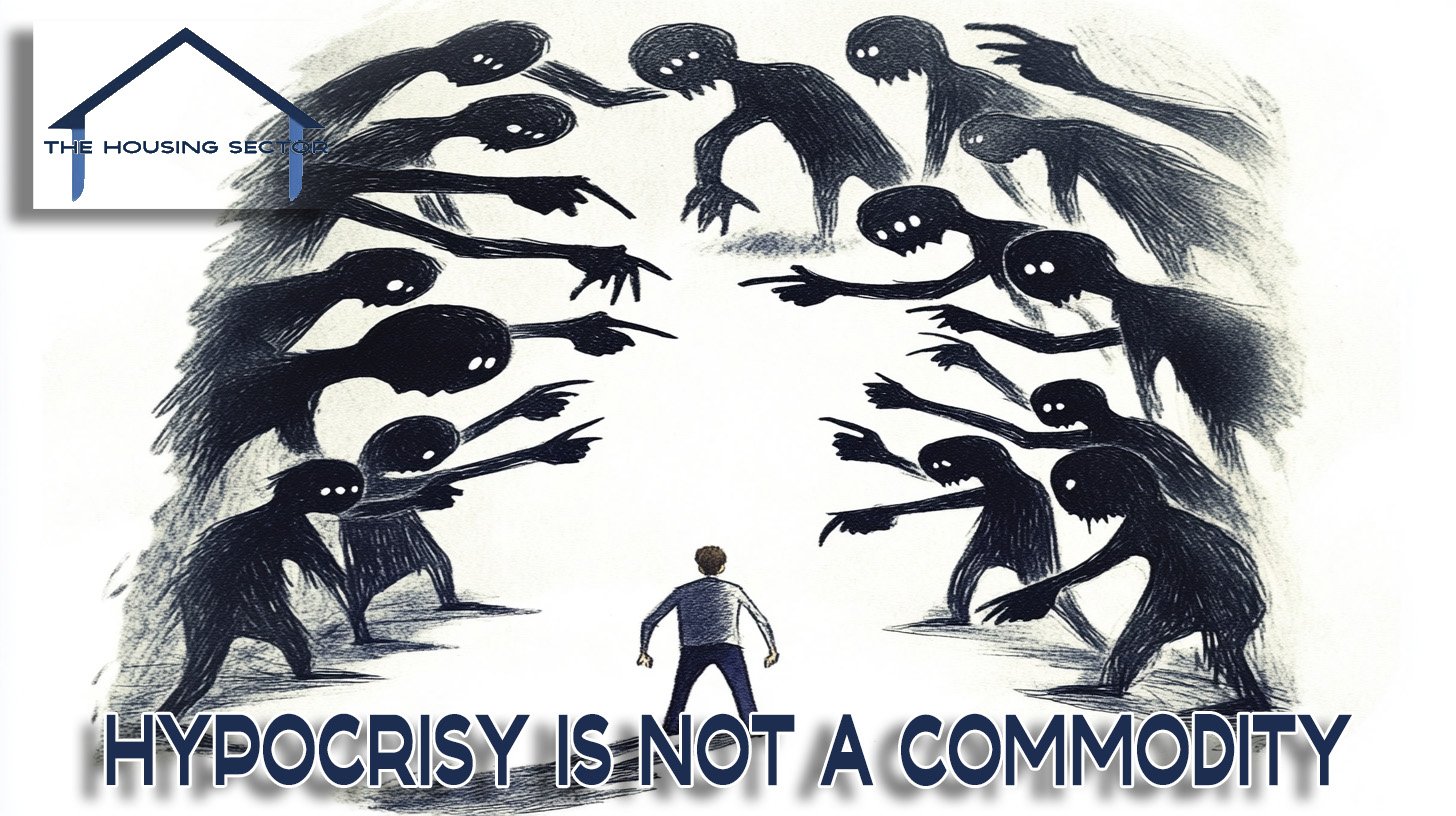
Hypocrisy Is Not a Commodity
Over the last couple of weeks, I’ve faced a lot of negative pushback. It seems I’ve upset people.
Here’s the thing about independent traders within the housing sector. Many start their careers in recruitment, training, well-being, customer service—yiddle or yaddle, they find their niche. They climb the ranks, moving into mid or senior management, and at some point, a thought creeps in: Could I do this on my own? Could I do it better? Could I make more money being self-employed?
And why not? Some choose to stay in their roles, climb higher, or move to a different association. Others take the leap, go it alone, and hats off to them. There’s nothing wrong with that.

The Chartered Institute of Housing - Time to Turn Off the Life Support?
As a tenant in a shared ownership property, I've heard the phrase "Chartered Institute of Housing" mentioned almost victoriously. Yet, I've seen very little tangible evidence of their results. As someone who's been blocked by them (and we have internal emails to prove it), I'm bound to have a bitter taste in my mouth. However, let's keep it unemotional and focus on the results derived from the costs spent.
Housing associations allow their staff to reclaim the membership fee they pay to be part of the Chartered Institute of Housing. Essentially, this means that as a tenant, I'm indirectly funding these memberships.
The Chartered Institute of Housing (CIH) positions itself as the leading professional body for housing, dedicated to supporting professionals, upholding standards, and driving positive change in the sector. It claims to reinvest its income into improving housing, working across 20 countries to shape the profession. But for tenants struggling with rising service charges, unsafe homes, and a lack of accountability, these claims ring hollow.

Who’s That Trip-Trapping Across My Bridge?
In recent weeks, I’ve been accused—not once, but twice—of trolling. And funnily enough, by the same group of people. But let’s get one thing straight: having a difference of opinion does not mean you’re being trolled. Unfortunately, in the housing sector, there’s a pattern of playing the victim while simultaneously blaming others—a topic I’ve covered extensively on the GreenSquareAccord residents' support website.
Disagreements are valuable. They drive change, improve services, and challenge the status quo. We’re told that debate and discussion should be welcomed. But the moment you challenge certain narratives or question the way things are done, the response is often, I’m being trolled!—which simply isn’t true. And in recent weeks and months, that accusation has been thrown around unfairly. So, let’s talk about it.

Beyond the Damp and Mould
Damp and mould are persistent, damaging, and dangerous. Whether caused by poor ventilation, structural flaws, or environmental factors, the outcome is the same: deteriorating homes and worsening health risks. It’s a problem that demands a real solution—not just surface-level fixes.
Yet beyond acknowledging these well-known health dangers, there’s a deeper challenge at play: trust.
What do residents actually perceive housing associations to be doing about damp and mould? More importantly, what are housing associations realistically able to do? The unfortunate truth is that when a housing association’s only visible response is sending someone to paint over the problem with mould-resistant paint, it’s not just ineffective—it breeds frustration and erodes trust.
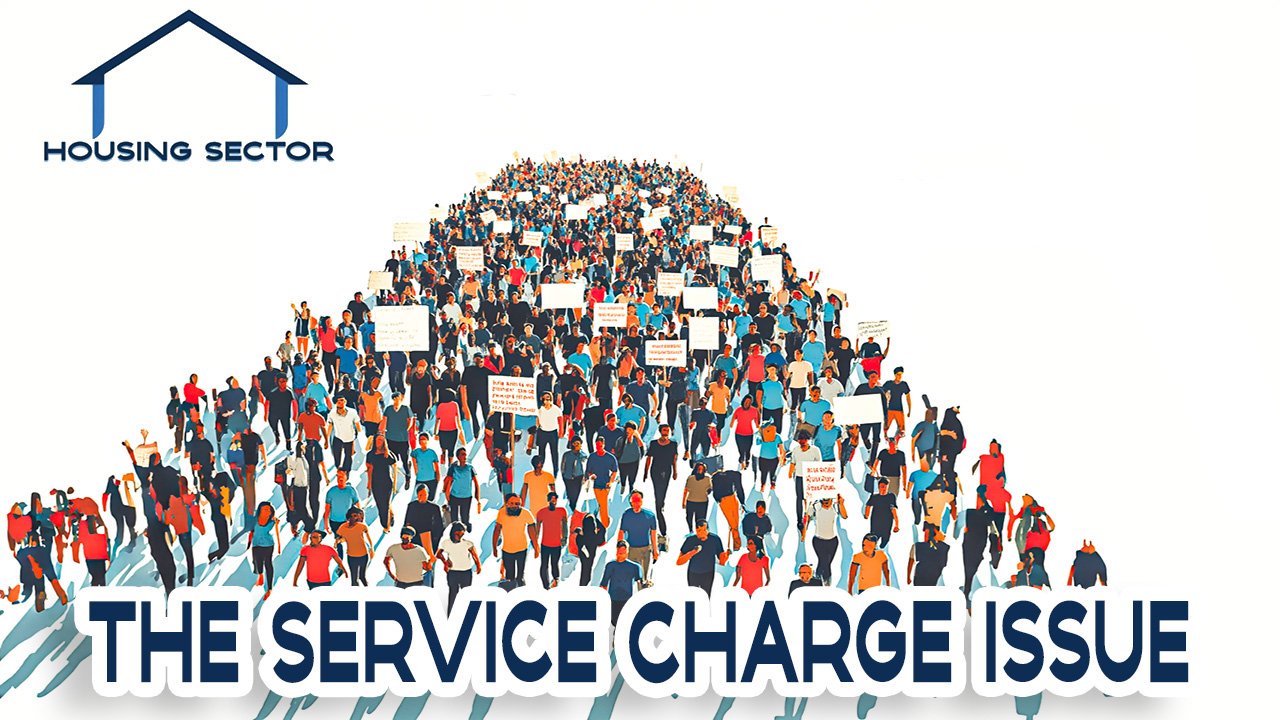
Understanding Service Charge Strikes: A Growing Crisis in the Housing Sector
The housing sector in the UK is facing a perfect storm. With ever-increasing service charges, poor repairs, and ongoing delays in maintenance, residents are being pushed to their limits. In Episode 21 of the Housing Sector Podcast, I sat down with Suz from the Social Housing Action Campaign (SHAC) to discuss this critical issue and the growing calls for service charge strikes. This blog explores what service charge strikes are, why they are being considered, and what they mean for residents and housing associations alike.
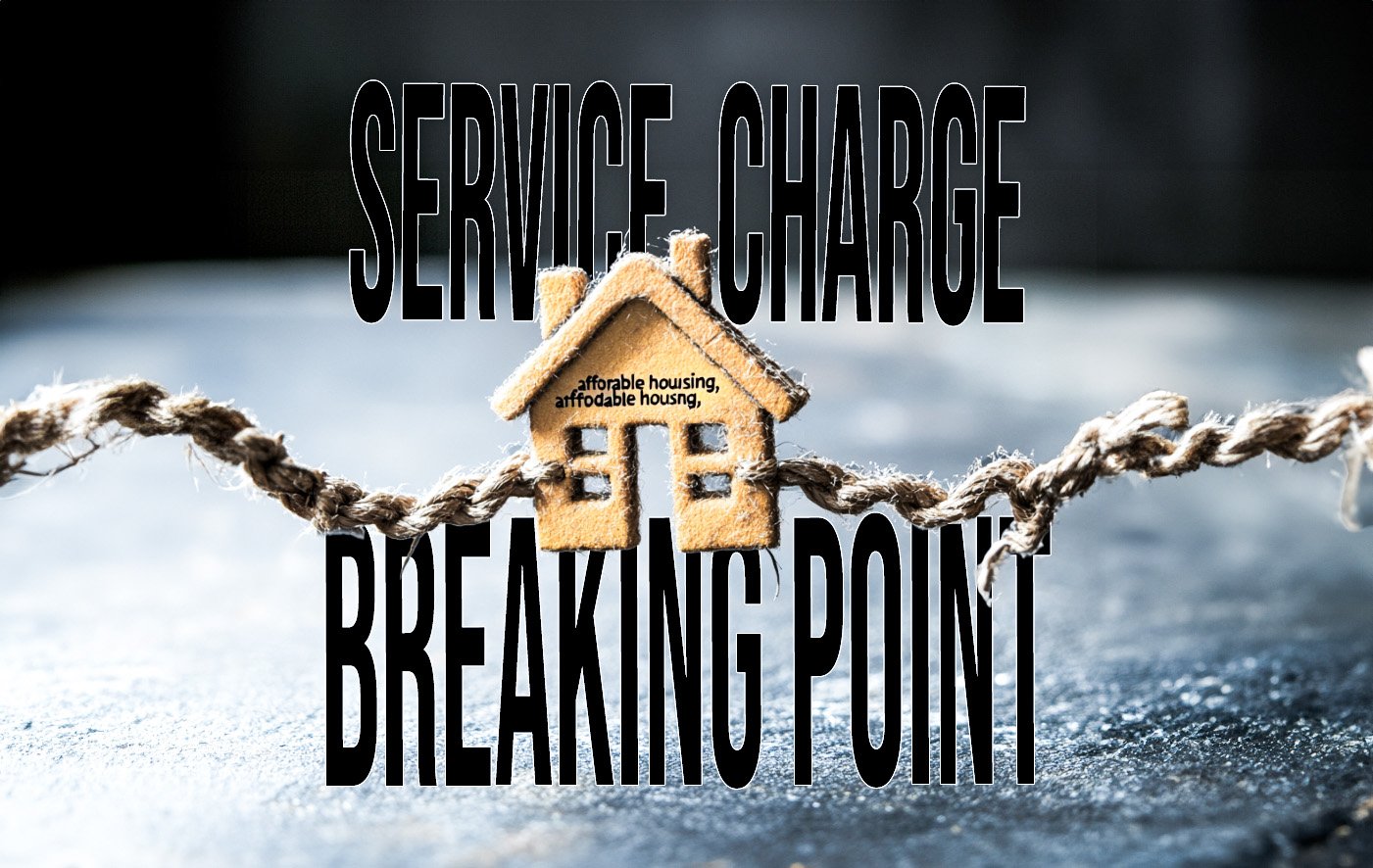
Service Charge -Breaking Point.
In recent years, the issue of service charges has become an increasingly contentious topic. Across the UK, housing associations are steadily raising these charges, putting a severe financial strain on residents. What was once deemed "affordable housing" is, for many, becoming anything but affordable. This shift affects a wide range of people—leaseholders, shared owners, and those relying on universal credit or housing benefits to cover rising costs.
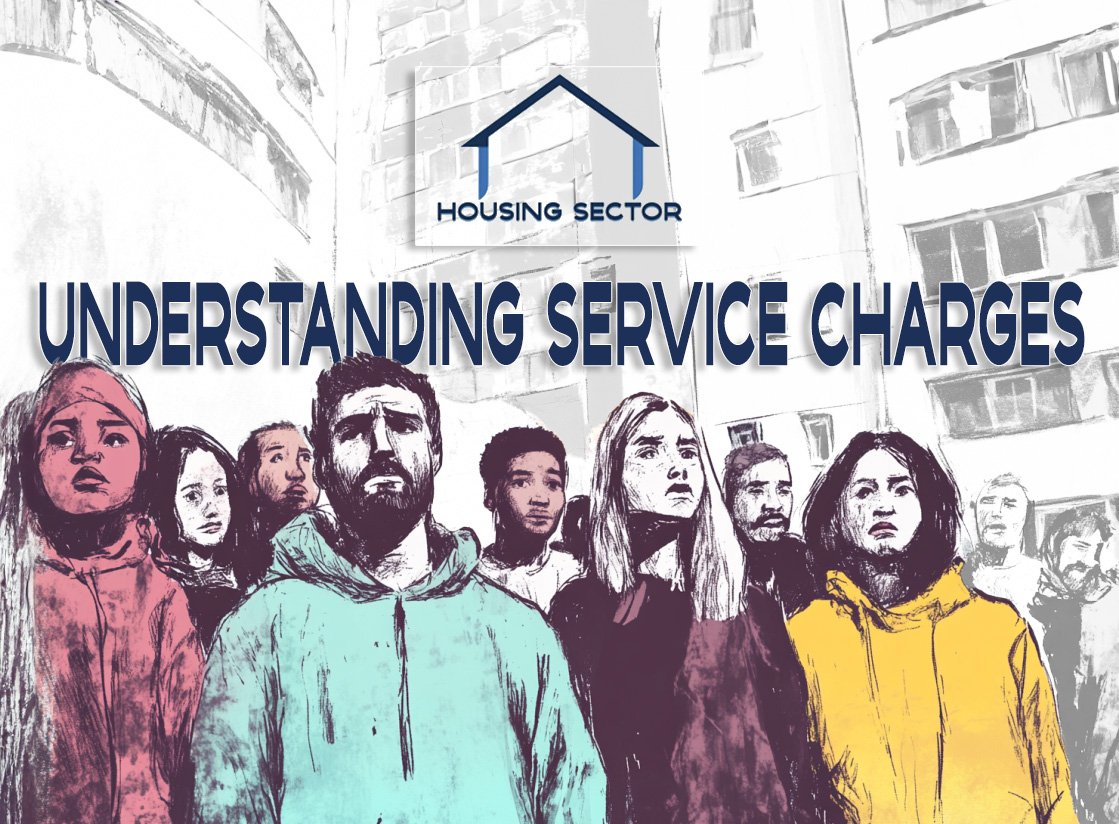
Understanding Service Charges (again)…
Service charges enable the maintenance and management of shared spaces within residential developments—in theory, at least. However, there is a growing concern regarding service charge abuse, leaving many residents questioning the fairness and transparency of these fees. Service charges should reflect the services provided, from cleaning and maintenance to utility costs and repairs. Yet when these agreements are mismanaged, residents bear the burden of rising costs for inadequate services. When services aren’t delivered, leaving residents to pay for something they don’t receive, one could call it fraud. With little oversight, these charges are increasing to levels that are making affordable housing quickly become unaffordable.

Supporting the First Damp & Mould Action and Awareness Week
As the UK embarks on its inaugural Damp & Mould Action and Awareness Week, it’s crucial to confront the harsh reality of why damp and mould remain pressing issues in our housing landscape. Despite significant advancements in building technology, many homes still struggle with these persistent problems, affecting the well-being and safety of countless individuals.

The Need For Emotional Intelligence.
In the housing sector, where emotions often run high, emotional intelligence (EI) is an essential skill for any customer-facing role. Residents’ needs are complex, and frontline staff frequently find themselves managing both practical and emotional challenges in real-time. Without EI, we risk creating frustration on both sides of the conversation—residents feel unheard, and staff face burnout. It’s time to consider how embedding emotional intelligence into every level of our customer service operations can enhance satisfaction, improve efficiency, and ultimately deliver on our promises.
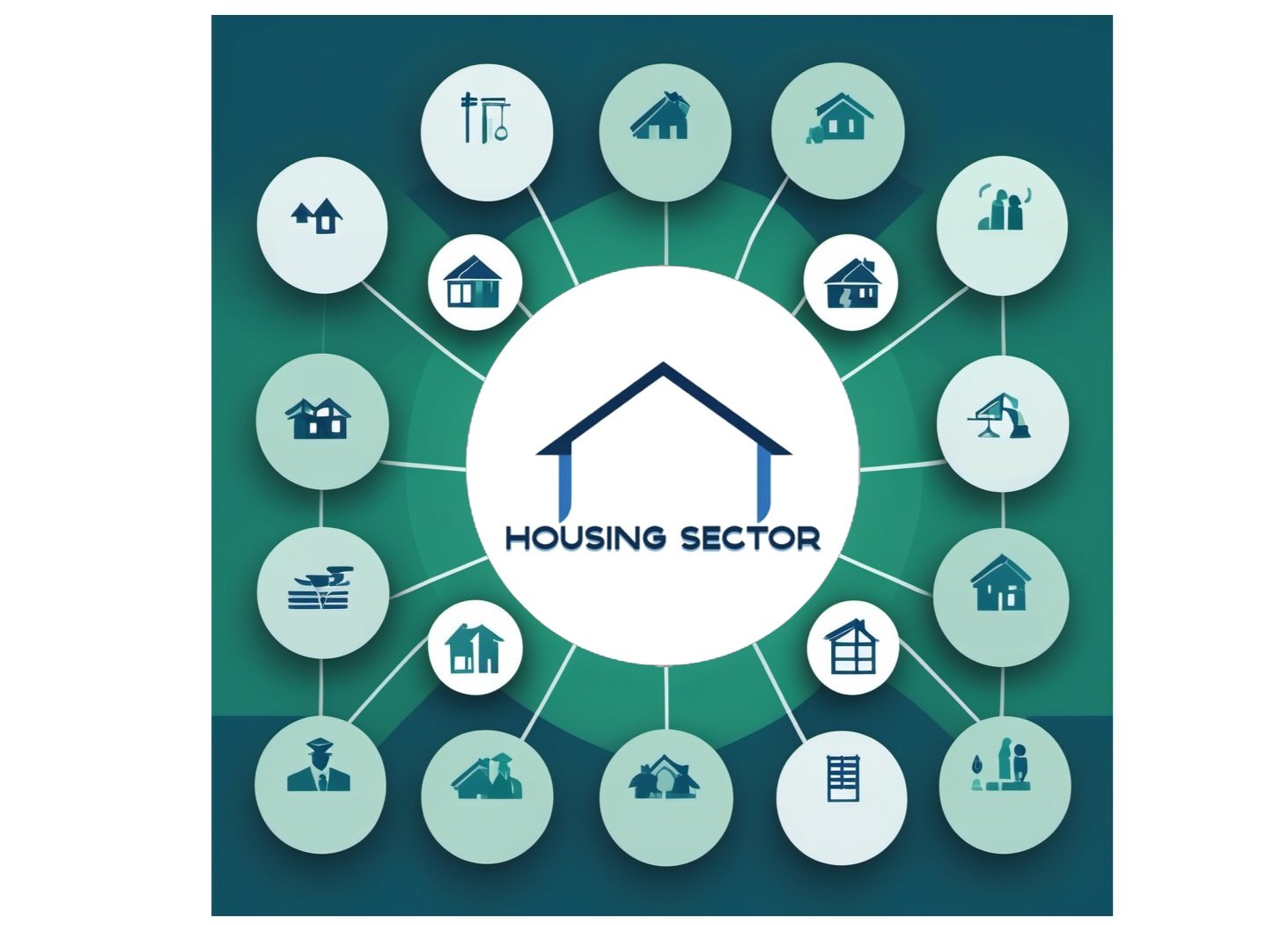
Understanding the Service Charge Residential Management Code - A Guide for Landlords and Residents
The Service Charge Residential Management Code, now in its third edition and published by the Royal Institution of Chartered Surveyors (RICS), is a vital resource designed to enhance the management of service charges in residential properties in England. This Code is approved by the Secretary of State and outlines best practices that promote transparency, fairness, and accountability between landlords and leaseholders.
This article aims to clarify key aspects of the Code for both landlords and residents, offering insights into their respective roles, rights, and responsibilities.

The ASB Issue
Antisocial behaviour (ASB) in social housing is a deeply challenging issue that affects not just individuals but entire communities. It’s a problem that many residents feel powerless to solve, while housing providers often struggle to find effective ways to manage it. As someone who approaches every topic with an open mind and a lack of prior expertise, I’ve learned that the best way to truly understand complex issues like ASB is by talking to people—asking questions, listening to their experiences, and seeking out perspectives from all sides.

Rent & Service (miss)charges
Over the past year, numerous UK social housing providers have been implicated in overcharging residents for rent and service charges. These issues have led to significant financial burdens for tenants, prompting widespread frustration and complaints.
Already considered an ever-increasing cost that spirals further out of control year on year, residents now have to question if they are being illegally overcharged or if these costs are simply being mismanaged. One thing we can all ponder is whether this is just the tip of the iceberg.

Thou Shalt Not Speak
Freedom of speech is a core pillar of democratic societies, essential for healthy discourse and driving societal progress. It is the bedrock upon which diverse opinions can clash, ideas can be challenged, and innovation can flourish. Without the ability to freely express our thoughts and beliefs, our collective capacity for growth and understanding is severely hindered.

From Ponzi Schemes to Strikes - Is This Really The Current State of Social Housing?
In recent weeks, concerns have surfaced regarding the financial health of certain housing associations, my own landlord included, prompting discussions about their management practices and the implications for residents and communities.
Service Charge Strikes will follow…

ICT Challenges and Opportunities for Small and Large Housing Providers - By Tony Smith
This blog post was written by Tony Smith, known as 'That Housing IT Guy'. With extensive experience spanning nearly fourteen years in consultancy dedicated to Social Housing ICT solutions, Tony offers valuable perspectives on the challenges and opportunities within the housing sector.
In this blog, he sheds light on the importance of technology adoption across housing providers of varying scales, examining the transformative potential of technology within the domain of social housing provision, particularly for smaller-scale stakeholders.

Service Charge Factor - The straw to break the camel's back?
With the start of the new financial year, residents of affordable and shared ownership homes have been sent their service charge bills, with many of us being dismayed at the hike in fees. Service charges are often a bone of contention; many of us dispute the value for money we receive for this charge when, more often than not, services are woefully neglected.
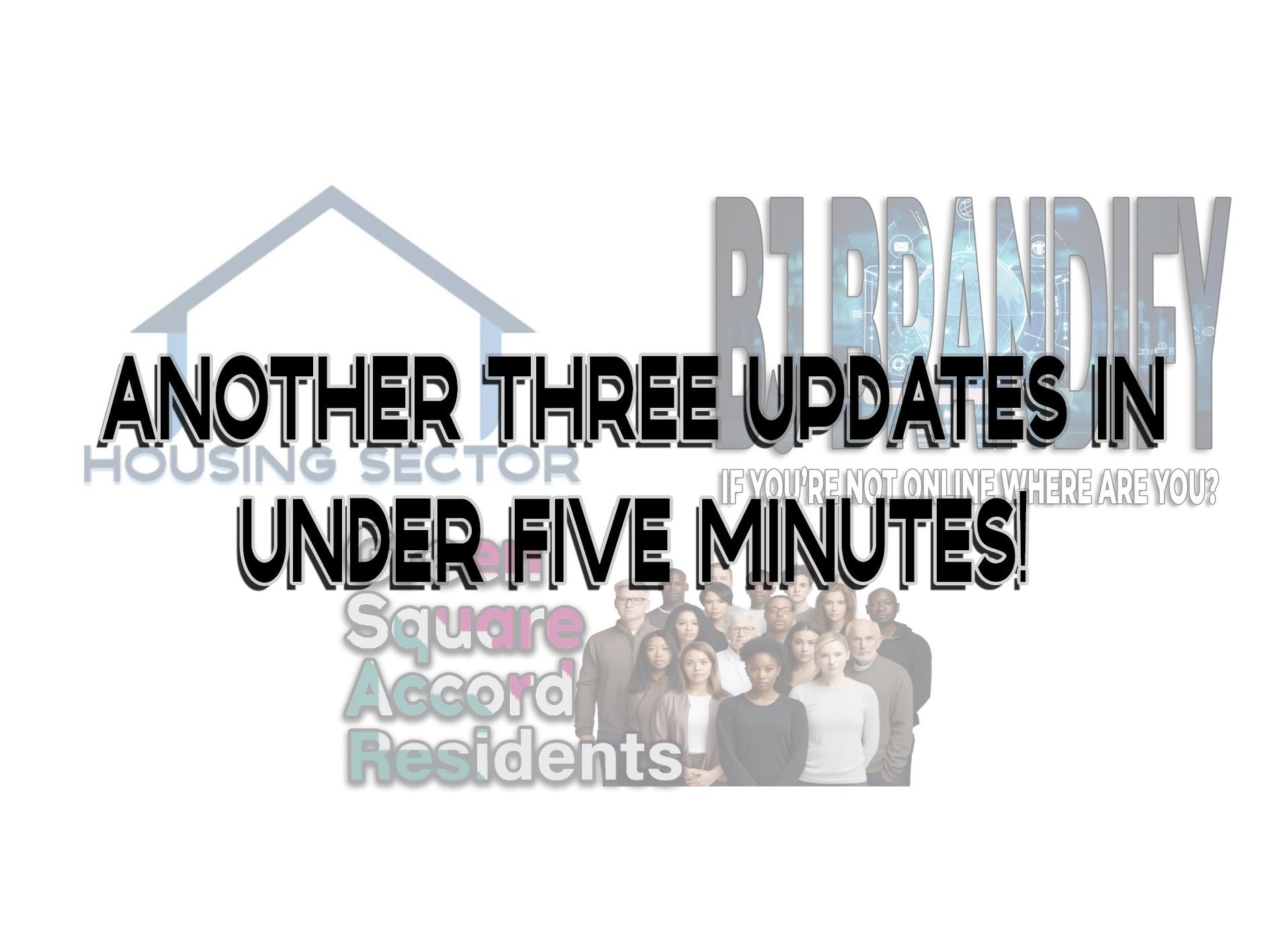
Another Three Updates In Under Five Minutes.
Another 3 updates in under 5 minutes, The Housing Sector, GreenSquareAccord Residents, and BJ Brandify. Drop in service, new tech, new blogs, legal updates, advocate support and more in under three minutes! Happy Easter all X

The Rise of the Smaller Housing Providers and The Benefits Therein
With more and more concerns raised daily as larger housing providers fail due to a loss of focus and ability to provide homes that are warm, safe, and dry, as they grapple with the weight of their own expansion. The challenges of maintaining vast stocks amidst organisational strains, disconnected staff who no longer feel part of a worthy team, but rather now just a payroll number, and with legacy systems unable to connect with the multiple CRM systems and outdated Excel spreadsheets. As repairs go unresolved and community connections fray, a compelling opportunity arises for smaller housing providers to step into the breach and restore faith in the sector and once again create a service that we can all be proud of.

Most Common Types of Disputes to Arise Between Landlords & Tenants
Disputes between landlords and tenants can sometimes arise, leading to tensions and challenges that need to be addressed. This is something that is common in the industry but there are many reasons why disputes arise. Whether it's regarding rent payments, property maintenance, or lease terms, these conflicts can often be complex and require careful navigation to resolve.
Swansea solicitors and other professionals can play a crucial role in mediating such disputes and providing legal guidance to both parties involved. This article aims to explore some of the most common types of disputes that can occur between landlords and tenants in the UK, shedding light on the rights, responsibilities, and potential solutions for each party.
